The High Court of England is presently considering whether Julian Assange can be granted leave to appeal against an extradition decision made in 2022 by the then UK Home Secretary, Priti Patel. Assange has been in the high-security Belmarsh Prison since 2019. He had previously spent seven years in the Ecuadorian embassy in London while trying to seek asylum in the South American country.
Already a subscriber? Log in
Subscribe for just $2 a week
Try a month of The Spectator Australia absolutely free and without commitment. Not only that but – if you choose to continue – you’ll pay just $2 a week for your first year.
- Unlimited access to spectator.com.au and app
- The weekly edition on the Spectator Australia app
- Spectator podcasts and newsletters
- Full access to spectator.co.uk
Or

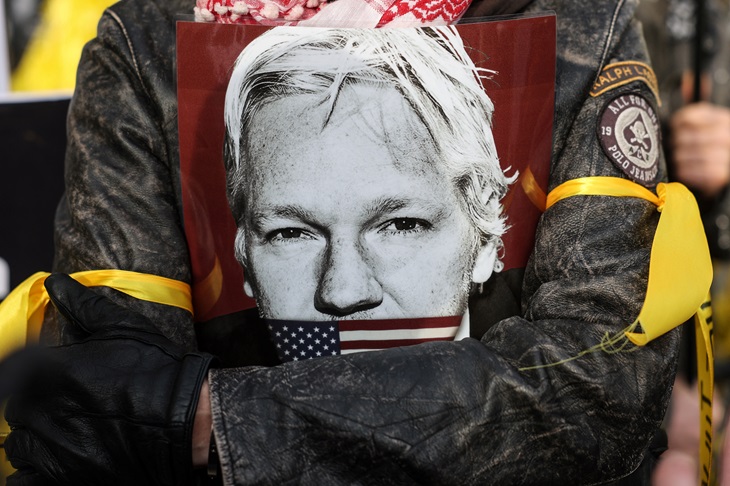
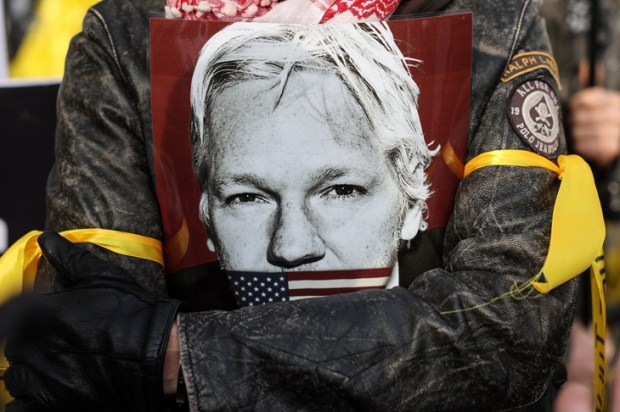
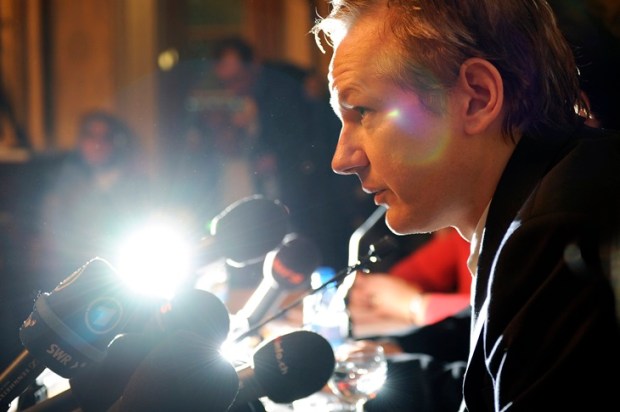
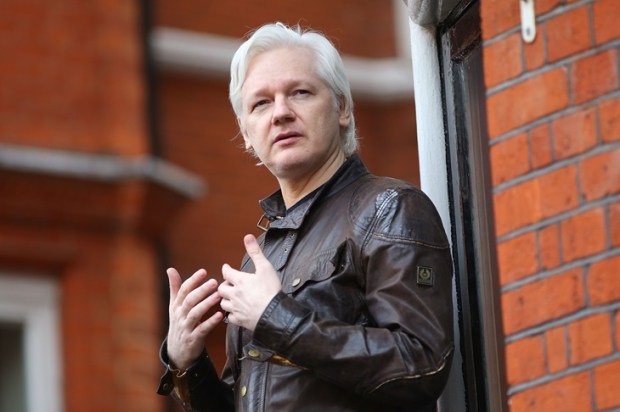
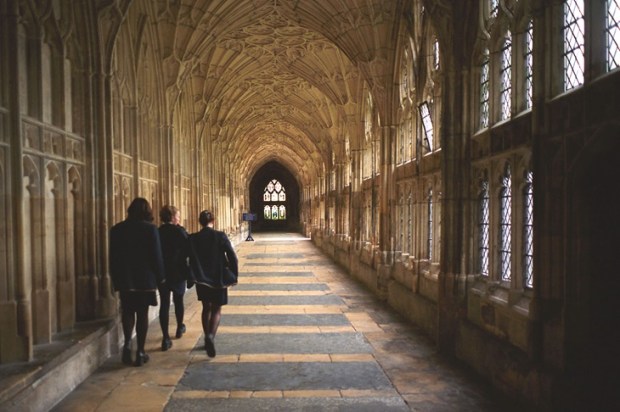

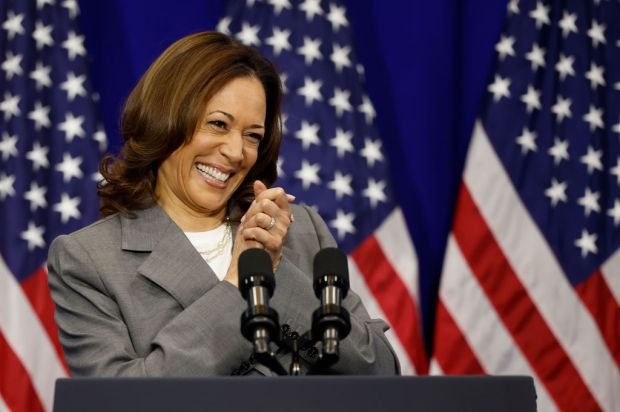


















Comments
Don't miss out
Join the conversation with other Spectator Australia readers. Subscribe to leave a comment.
SUBSCRIBEAlready a subscriber? Log in